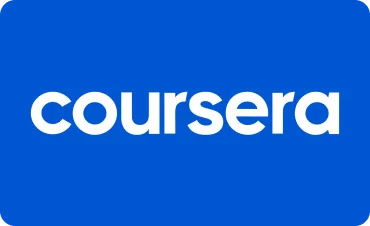When you enroll through our links, we may earn a small commission—at no extra cost to you. This helps keep our platform free and inspires us to add more value.

Science of Exercise
Master the Skills of Tomorrow with Coursera! From AI and Blockchain to Public Speaking and Psychology, Explore Courses Tailored for Your Success.

This Course Includes
 coursera
coursera 4.8 (4.7K reviews )
4.8 (4.7K reviews ) 9 hours
9 hours  english
english Online - Self Paced
Online - Self Paced course
course University of Colorado Boulder
University of Colorado Boulder
About Science of Exercise
Learners who complete Science of Exercise will have an improved physiological understanding of how your body responds to exercise, and will be able to identify behaviors, choices, and environments that impact your health and training. You will explore a number of significant adjustments required by your body in order to properly respond to the physical stress of exercise, including changes in carbohydrate, fat and protein metabolism, nutritional considerations, causes of muscle soreness & fatigue, and the effectiveness and dangers of performance enhancing drugs. Active learning assessments will challenge you to apply this new knowledge via nutrition logs, heart rate monitoring, calculations of your total daily caloric expenditure and body mass index (BMI). Finally, learners will examine the scientific evidence for the health benefits of exercise including the prevention and treatment of heart disease, diabetes, cancer, obesity (weight loss), depression, and dementia.
What You Will Learn?
- Explain the relationship between exercise and the body's physiological responses, including carbohydrate, fat, and protein metabolismDescribe the role of nutritional choices and their impact on health and trainingSummarize the factors that contribute to muscle soreness, fatigue, and the dangers associated with performance-enhancing drugs.